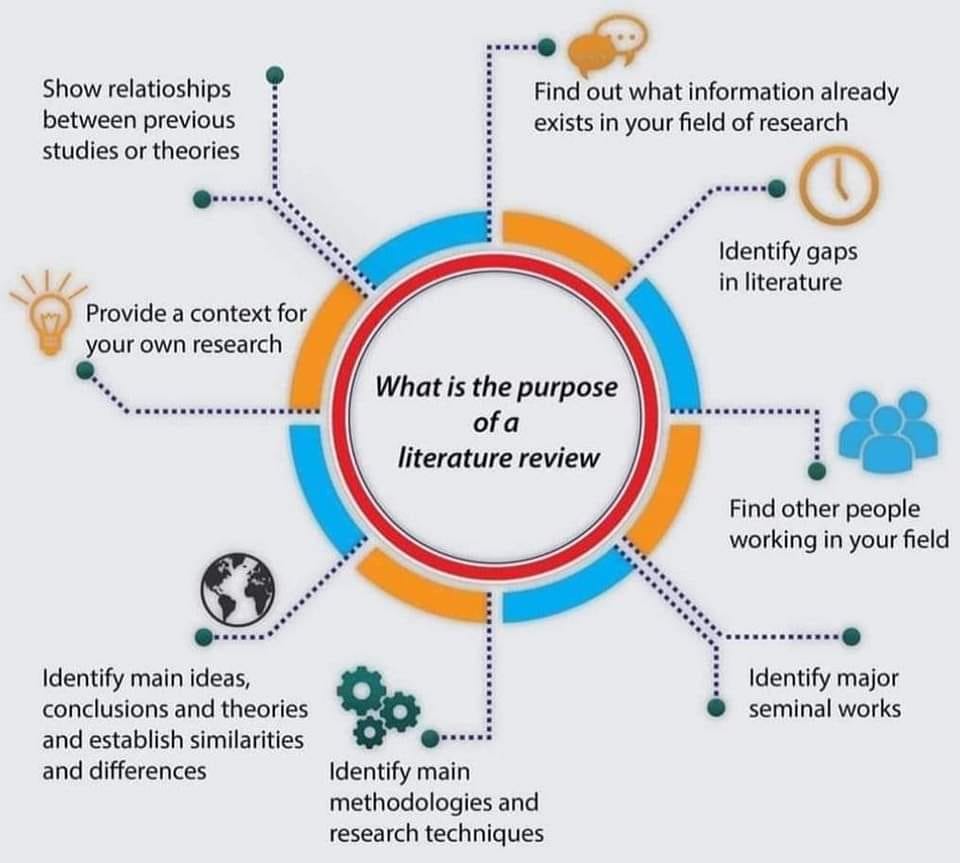February Writing Roundup
This Month in Review

February is drawing to a close, and I’m here once again to offer a compilation of this month’s best hits! Here’s some of my favorite media I’ve consumed over the past month on writing, productivity, and managing all-the-things. Some of this content is new, some of it is old, but all of it has kernels of wisdom for busy academic writers.
An added bonus this month: a call for Publish Not Perish’s first AMA!
1. Here are the Publish Not Perish posts from the past month, in case you missed any
Cross-Post: How to use writing structure to get more writing done
Breaking Down Writing Projects into Smaller Parts
Quick Hit: Achievable Schedule Planning and Why It Matters (paid subscribers)
Fostering Community, Transparency, and Vulnerability in the Academy
Cross Post: Is Everything an MLM?
Crafting Argument-Driven Manuscripts
Quick Hit: The Often-Overlooked Component of the Argument-Driven Manuscript (paid subscribers)
2. Announcing Publish Not Perish’s first AMA! Do you have a question about writing, surviving and/or thriving in academia, or managing everything? Want to learn more about me or my writing process? Do you have more questions but don't know where to ask them? This is your opportunity to ask anything you want anonymously. Ask whatever you want, and I'll try to answer as many as I can in an upcoming post! Ask your questions on this anonymous Google form.
3. Here’s a useful graphic from Dr. Asma Jabeen on the purpose of lit reviews.
4. The post Crafting Argument-Driven Manuscripts got a lot of traction this month, and I’m glad to hear it’s resonating! Because I wasn't sure about argument construction in quantitative or scientific fields, I wrote the piece for those of us who work in the humanities and qualitative social sciences. Skyler Wolff at How writers think responded to the post with the following helpful thoughts on how the comparisons between being a detective and being a lawyer work in different disciplines that may be useful to others:
I really like the detective and lawyer analogy here. I know from social sciences, when you do field research, you absolutely take on different roles. In the field you have to be open, curious, check your preconceptions, gather notes and observations, cause everything could be important. At your desk, the work and approach change. Now you have to evaluate, find connections and consider that after your experiences in the field, your view of said field changes. So now you are exploring it all over again, discovering the connections, evidence, and craft them into arguments for the resulting article. Which is very important. When I craft arguments for scientific writing, I like to use the field evidence, as it feels convicing, actual and real. You can't dispute what a person has seen or felt or said, and criticism in such cases has higher chance to truly lead to new ideas and exchange of experiences. And when you look at feedback and criticism that way, as a way to improve your work, then it's nothing to be feared.😁
Thank you for sharing these thoughts, Skyler, and for helping me understand the goals of arguments in other areas of the academy.
5. Marie Kondo recently shocked her followers when she announced that she had given up on being tidy in order to spend more time with her children! What I appreciate about her candor is twofold. First, she made a name and career for herself by selling her methods for cleaning up one’s life. The fact that she’s unafraid to admit it may no longer be working in the same ways for her is refreshing. It reminds me of academics who work hard to revise their ideas when they become stale, even if those ideas helped them make a name for themselves. Secondly, you’ll recall that I once wrote a post called How to Marie Kondo Your Academic Career. The point, as I write there and as Kondo reveals in that NPR article, is to prioritize things in your life that spark joy and discard as many of the things that don’t. In that article, I suggest ways to do this in your academic work life that are still applicable even if Marie Kondo has now embraced the slob life.
6. On Twitter, Sami Schalk shared this cool idea for using QR codes for book promotion!
This is brilliant! I have a Google Drive folder with all my research articles and the intro to my book. When I give research presentations, I frequently post a QR code to my Google Drive folder so that others can read my work. I just gave a talk about transitioning from a dissertation to a book, and I linked the QR code to my Publish Not Perish post about it. I’ve never thought about putting it on an article of clothing though!




Thank YOU for writing such a wonderful analogy. Your articles have really amazing topics, I'm happy to find someone from scientific field talking about writing, the process and publishing.
Kudos to Marie Kondo changing her focus like that. I like the idea you mention, about scientists being bold enough to let go or move on from their initial theories and ideas and try others that work for them better. Or change their lives or priorities alltogether.
Haha and the idea with the quercode on the shirt is hilarious and practical!